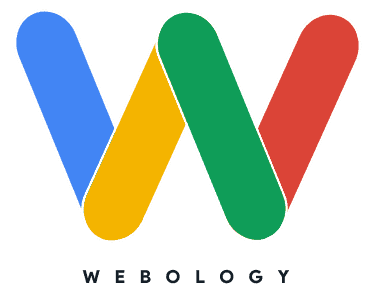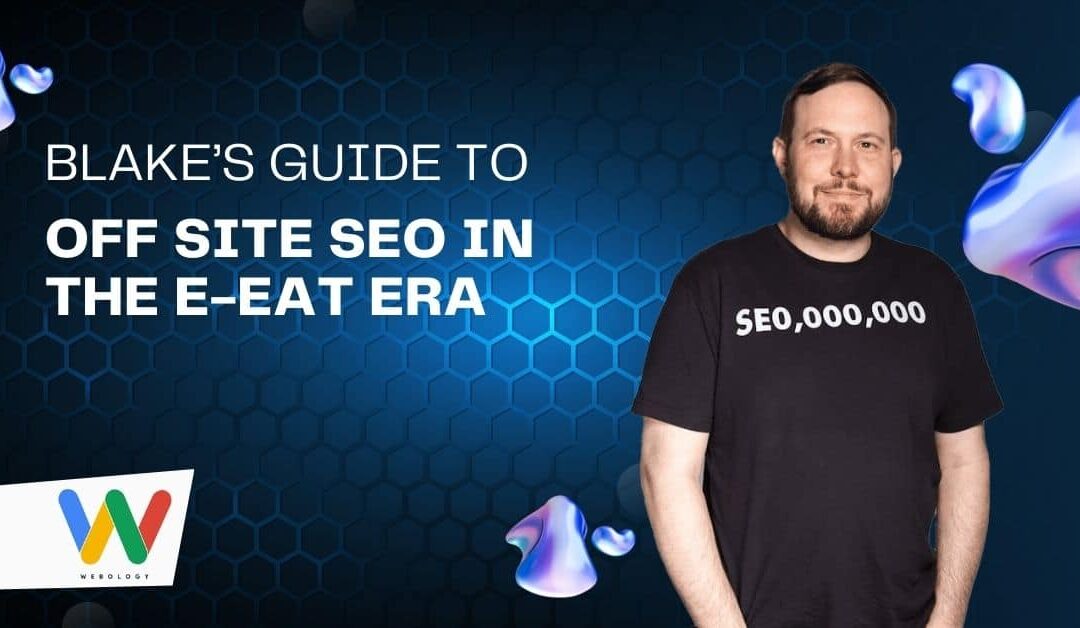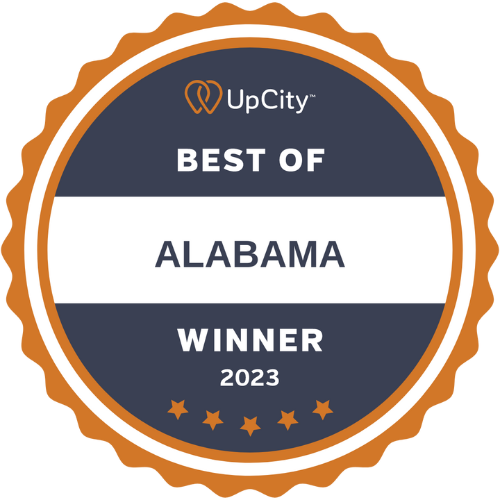What is Off Site SEO like in the E-EAT Era?
Off-site SEO is a set of strategies and techniques to improve a website’s visibility and ranking in search engine results pages (SERPs). It involves link building, content marketing, and social media marketing. Off-site SEO is becoming increasingly important as search engines become more sophisticated and competitive.
Why is it so important now and what are these new E-EAT guidelines I keep hearing about? Today I’m going to explain both and how as an SEO agency, Webology’s had to adapt our off site SEO processes to ensure Google continues to see our sites as authoritative and trustworthy sources.
Off-site SEO has always been a crucial aspect of search engine optimization, but with the rise of E-EAT (Experience, Expertise, Authoritativeness, Trustworthiness) in Google’s ranking algorithm, it has become even more important than ever.
Table of Contents
In this new era of E-EAT focused SEO, simply building backlinks or creating keyword-optimized content is no longer enough to achieve high rankings. Now, websites must also establish themselves as experts in their industry and demonstrate authority and trustworthiness through various off-site strategies.
 Hire Us
Hire Us
So why has this shift occurred? The answer lies in Google’s constant goal of providing users with the most relevant and reliable results for their searches. With the vast amount of information available online, it’s essential for search engines to filter out low quality content.
The Future of Off-Site SEO and What It Means for Your Business
What’s the future of off-site SEO? It’s all about creating a big digital footprint that goes way beyond just backlinks. For businesses looking to hit their goals and really stand out online, it’s gonna be more about getting your brand and name talked about all over the web. Think guest blog posts with author bios, social media shoutouts, and digital press releases. These mentions tell Google that your brand’s got game – they’re like digital high-fives for your website’s relevance and authority.
So, how do you get Google to notice you? Start by making friends with reputable sites and influencers in your area. It’s about those mentions and building a network that boosts your brand’s street cred. Plus, as Google gets smarter with stuff like the Knowledge Graph, being seen as a legit and authoritative brand is more important than ever.
For businesses, it means mixing off-site SEO tactics like earning mentions, building relationships, and creating interactive content with on-site SEO strategies like optimizing website structure, meta tags, and internal linking. A well-rounded SEO approach that covers both on-site and off-site tactics is crucial for achieving long-term success in search engine rankings.
The Importance of Quality over Quantity
In the past, off-site SEO was largely focused on building as many backlinks as possible from any source you could find. Now, with E-A-T playing a significant role in rankings, the quality of those backlinks is far more important than the quantity. Google values links from reputable and authoritative websites much more than links from low-quality or spammy sites.
Furthermore, the content surrounding these backlinks must also be high-quality and relevant to your website’s niche. This means that guest blogging on sites that will post about any topic under the sun has lost a lot of value in recent years. Now if your website sells widgets, you’re much better off only getting guest post links from other sites in the widget industry than you would be getting your links from general interest sites.
How to Optimize Your Content for Off-Site SEO
Optimizing your content for off-site SEO can be compared to tuning a racecar for a championship race. First off, your content needs to be so compelling that even a Formula 1 driver would slam the brakes to read it. This means creating high-quality, informative, and engaging content that will grab the attention of both readers and search engines.
Next, you need to promote your content strategically. This means targeting websites and influencers in your niche who have a strong online presence and a large following. Building relationships with these individuals or sites can lead to valuable backlinks and mentions that will boost your off-site SEO just like an octane boost would for a racecar jetting down the Talladega Superspeedway.
Lastly, don’t forget to continuously monitor and analyze your off-site SEO efforts. Just as a pit crew constantly monitors their car during a race, you should regularly review your backlinks, mentions, and overall off-site performance to identify areas for improvement and adjust your strategy accordingly.
The Impact of Social Media on Off-Site SEO
Social media has become a major player in off-site SEO recently. Not only does it provide a platform for businesses to connect with potential customers and promote their brand, but social media activity also sends signals to search engines about your website’s authority and relevance. This includes the number of:
- Followers
- Likes
- Shares
- Mentions
- Links from social media profiles
Having a strong presence on popular social media platforms can greatly improve your off-site SEO and boost your overall digital footprint. It’s important to set up your profile, regularly share relevant and valuable content, engage with followers, and build relationships with other industry influencers on these platforms.
The Latest Trends in Off-Site SEO and How to Stay Ahead of the Curve
The biggest changes I am seeing across the industry revolve around increasing the number of times your brand or high-profile employees get mentioned on other websites. As SEOs, now we’re busy trying to get our clients direct quotes and insights published in media outlets and industry blogs. Why? Because Google now considers websites with lots of mentions from other reputable sites as more trustworthy and authoritative.
And that needs to connect with your on site strategy in a way that makes it easy for search engines to understand who you are and what you do. Now more than ever, it’s important to create a rich author profile on your website that can be linked to your content and mentions around the web.
- Include an author box with a brief biography and links to your social media profiles.
- Use structured data markup to identify yourself as the author of content on your website.
- Make it easy for readers to get in touch with you through email, phone, contact form, or social media.
- Regularly publish high-quality content that showcases your expertise and earns mentions from other sites.
Blake’s Final Thoughts on Off Site SEO
In an era where the digital landscape is constantly evolving, mastering off-site SEO has become a crucial aspect of any comprehensive digital marketing strategy. The shift towards valuing quality over quantity in backlinks and mentions highlights the need for brands to foster genuine relationships and create content that resonates with their audience and wider community.
It’s clear that the strategies that once dominated the world of SEO are no longer as effective, and staying ahead of the curve now requires a combination of strategic content creation, authentic engagement, and seamless integration with on-site SEO efforts.

The rise of social media’s influence on off-site SEO cannot be overstated. It serves not only as a platform for brand promotion but also as a measure of a site’s relevance and authority. Further, the importance of being mentioned across reputable sites and forming a network of high-quality backlinks underscores the essence of digital credibility in today’s competitive environment.
Effective off-site SEO is about much more than just chasing backlinks—it’s about building a brand that people want to talk about, share, and engage with. It demands a strategic blend of high-quality content, meaningful engagement, and consistent, authentic interactions across various platforms and mediums.



 Hire Us
Hire Us










